Sunday, August 19, 2018
Saturday, August 18, 2018
John Denver - Annie's Song (Audio) 13,537,933 viewsYanni - Tribute "Waltz in 7-8" (HD-HQ) 3,222,086 viewYanni - Reflections of Passion - Full album HQ | 1990 27,615 viewsMELO DE ALEX PEDRA 2016 LIMPO PROS DJ Dezine Vanuatu Cyclone Pam 20,172 viewsMichael Meets Mozart - 1 Piano, 2 Guys, 100 Cello Tracks - The Piano Guys 36,864,022 viewsThe Sound of Silence - 18 String Harp Guitar Cover 5,574,851 views |
Anns Journals2 Weebly Poetry
|
Thursday, August 16, 2018
What Are Some Differences Between Heat Stroke and Heat Exhaustion?
What Are Some Differences Between Heat Stroke and Heat Exhaustion?
While heat stroke and heat
exhaustion share certain symptoms, those unique to heat stroke include
increased body temperature, delirium, convulsions and a rapid heart
rate, according to WebMD. Heat stroke often occurs suddenly and
can occur without any preliminary symptoms of heat exhaustion such as
fatigue, nausea or dizziness.
Continue Reading
Full Answer
While heat stroke and heat exhaustion are related
conditions, heat stroke is significantly more dangerous and can be
fatal if not immediately and comprehensively treated, explains WebMD.
Symptoms shared by both conditions include nausea, fatigue, confusion,
dizziness and fainting.
One of the most effective ways to tell the difference between the two
conditions is through the sweat of the affected individual. Individuals
suffering from heat exhaustion typically experience drenching sweats
accompanied by clammy, cold skin, while individuals suffering from heat
stroke sweat less than usual and typically have skin that is flushed,
hot and dry to the touch, notes WebMD.
Another important determining factor is the heartbeat of the affected
individual, according to WebMD. A rapid heart rate is a symptom of heat
stroke, while individuals suffering from heat exhaustion typically
exhibit weakened or slowed heartbeats. Both conditions require immediate
medical attention, especially if the condition of the affected
individual does not improve when placed in a cool area and administered
salts and fluids.
Heat Exhaustion
There are two types of heat exhaustion:
- Water depletion. Signs include excessive thirst, weakness, headache, and loss of consciousness.
- Salt depletion. Signs include nausea and vomiting, muscle cramps, and dizziness.
Symptoms of Heat Exhaustion
The most common signs and symptoms of heat exhaustion include:
Continue Reading Below
you might like
- Confusion
- Dark-colored urine (a sign of dehydration)
- Dizziness
- Fainting
- Fatigue
- Headache
- Muscle or abdominal cramps
- Nausea, vomiting, or diarrhea
- Pale skin
- Profuse sweating
- Rapid heartbeat
Treatment for Heat Exhaustion
If you, or anyone else, has symptoms of heat exhaustion, it's essential to immediately get out of the heat and rest, preferably in an air-conditioned room. If you can't get inside, try to find the nearest cool and shady place.Other recommended strategies include:
- Drink plenty of fluid (avoid caffeine and alcohol).
- Remove any tight or unnecessary clothing.
- Take a cool shower, bath, or sponge bath.
- Apply other cooling measures such as fans or ice towels.
After you've recovered from heat exhaustion, you'll probably be more sensitive to high temperatures during the following week. So it's best to avoid hot weather and heavy exercise until your doctor tells you that it's safe to resume your normal activities.
View All
Wednesday, August 15, 2018
Tuesday, August 14, 2018
Ann’s / Jage / Art Work !
Ann’s / Jage / Art Work !
Ann’s Art Work, Oil, Water color, Ink, Leather,
Jag Ensing (a2002v2002) on Pinterest
Jag Ensing | Born on the North West Coast of the US. I am use to Snow Capped Mountains, beautiful Forests, wild flowers on wild Rivers.
Jag Ensing – the United States | about.me
Jag is a web developer in the United States. View Jag’s portfolio from their page.
Promoter around the World, of the Writer : Buffalohair /Carlos !
Owner of Buffalohair – Jage Press / sites
Subscribe to:
Comments (Atom)
-
One day the earth will be clean again no man made garbage or man? A clean slate start over? Sad isnt it?Always an up hill battle? One day m...
-
News about Coronavirus Updates bing.com/news Latest updates on the coronavirus pandemic Follow the latest developm...
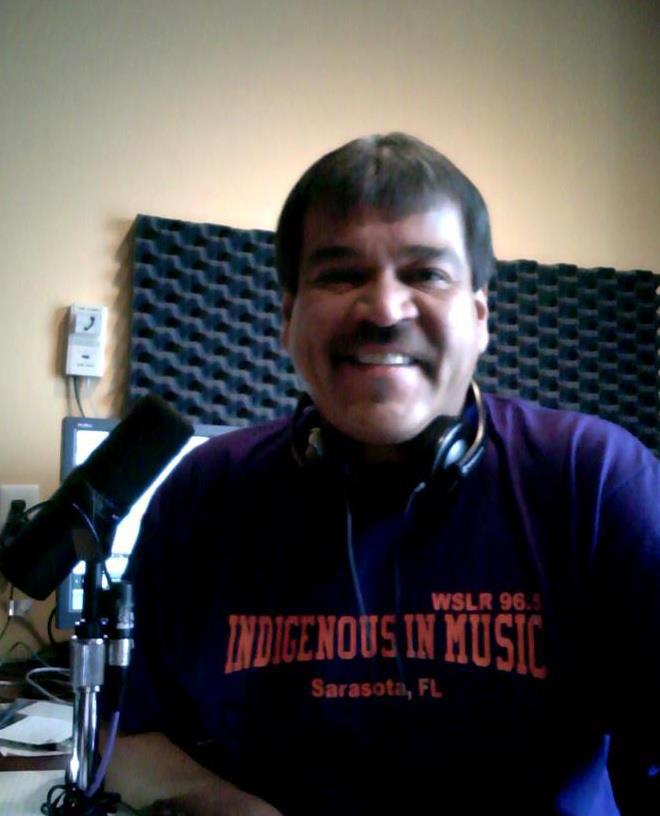













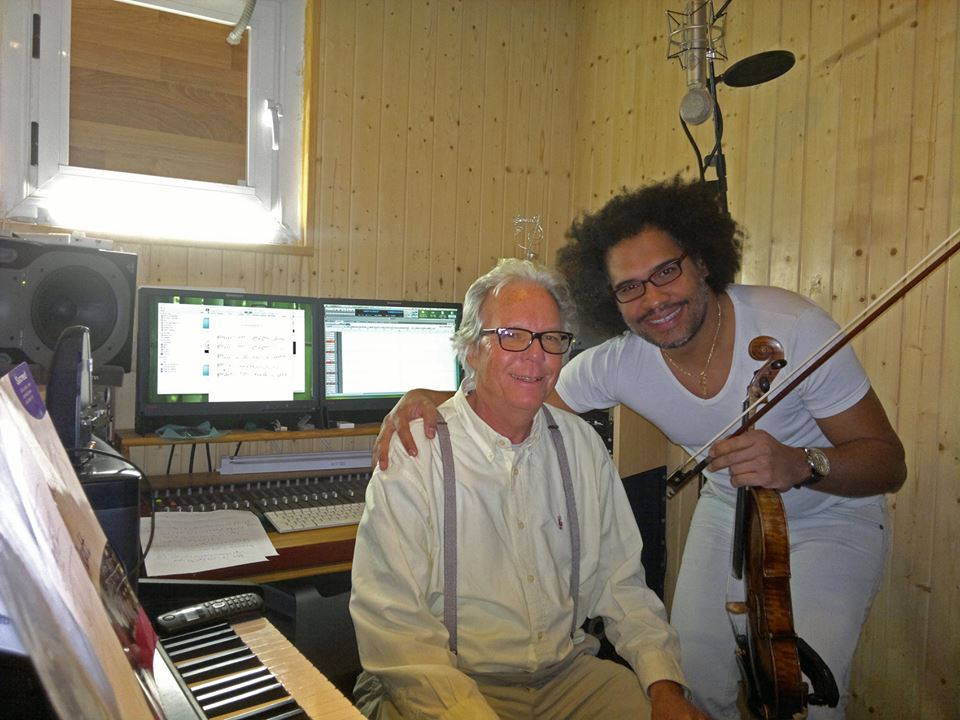


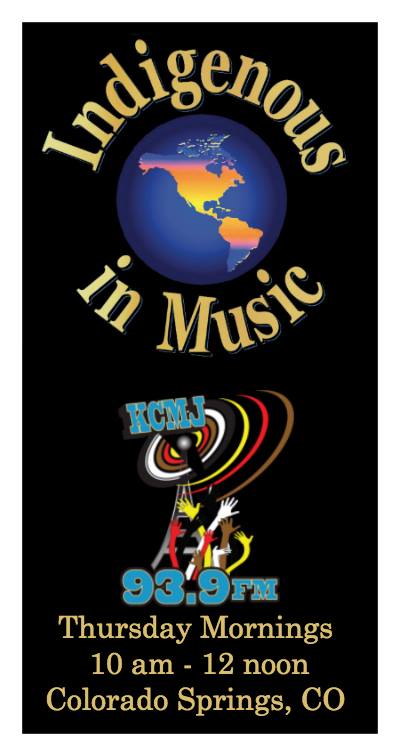

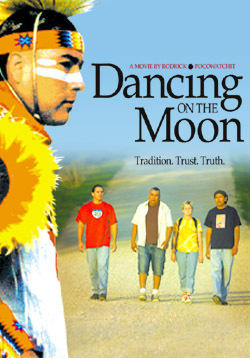










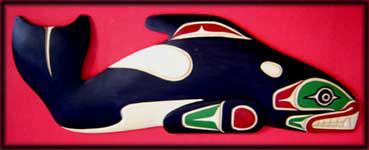



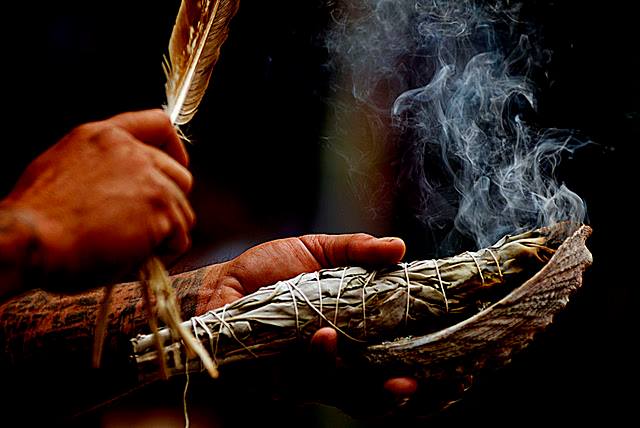
 RSS Feed
RSS Feed














